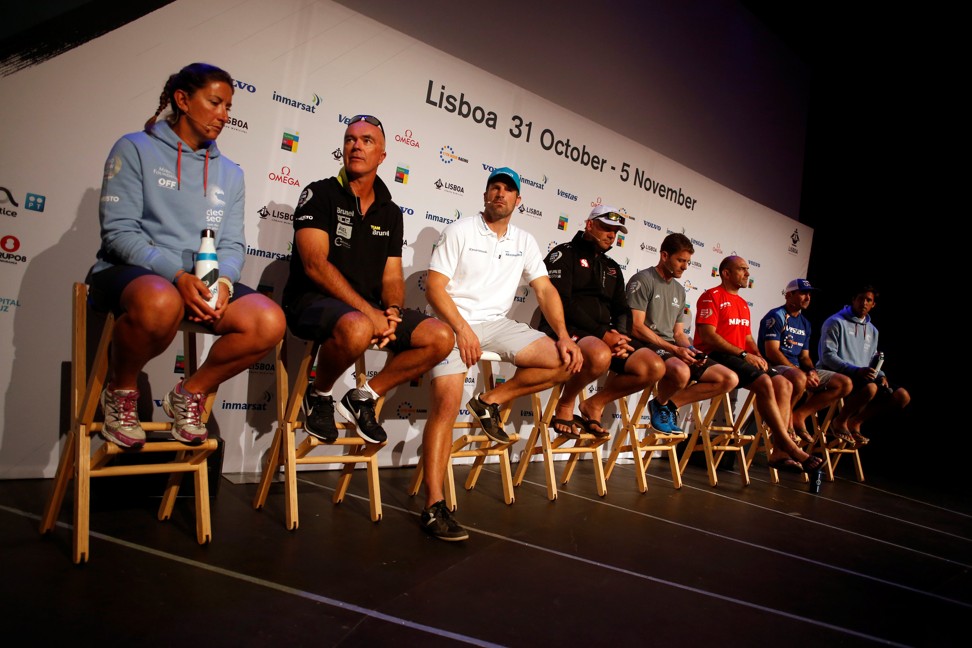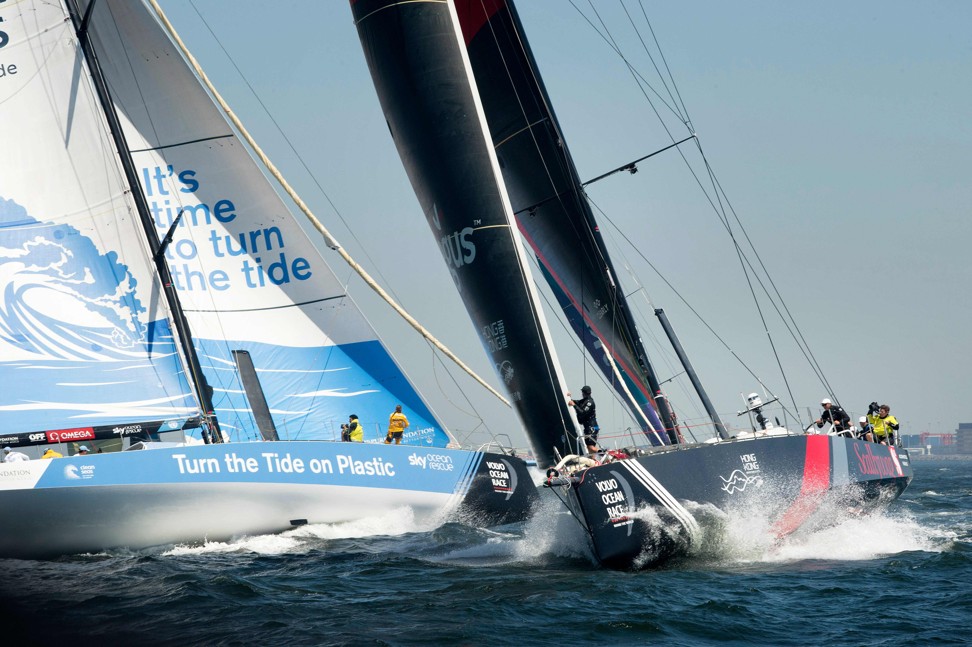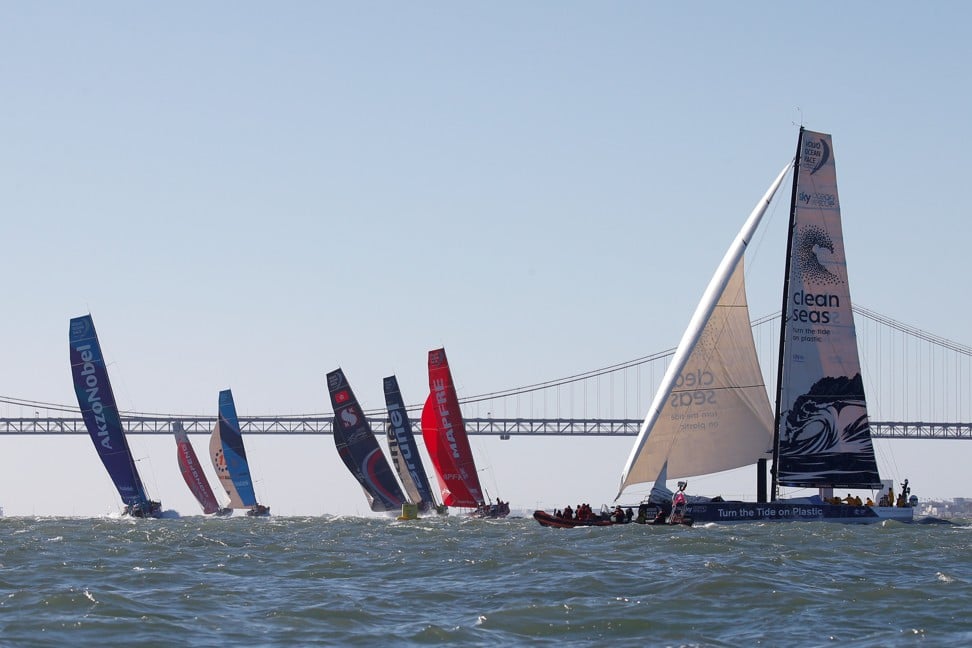
Why Volvo Ocean Race skipper Dee Caffari left a career in teaching and never looked back
The Turn the Tide on Plastic skipper left the teaching profession after five years to pursue a life on the open seas
Dee Caffari is living proof it is never too late to change the direction your life is taking you.
After five years as a teacher she wanted to expand her horizons.
“It’s not the most orthodox of backgrounds,” laughs the now 45-year-old. “I loved teaching but it was almost like it was the right job but too soon. I still wanted to travel and have adventures and I believed that water sports were the way forward.

Caffari changed her skills set and started off-shore sailing.
“I kind of like the environment that you spend your time in,” she says. “I like the way it is powered by nature and you don’t control it. No two days are every the same.
“It’s hard to explain to people at home. The endless horizons. The lack of ambient light when you get to see the stars. People just don’t normally get to see those things in their everyday life. I’m just very happy out there.”
But these sorts of races are nothing new to her – in 2009, Caffari became the first woman to sail solo, and non-stop, around the world in both directions when she completed the Vendee Globe race.

What is of more important to Caffari, and to the Volvo Ocean Race community, is the environmental message they are taking with them.
The images – and the information – the fleet has been collecting have highlighted once again the dire state of our oceans, used for so long as a dumping ground.
“Sadly it’s really apparent,” says Caffari. “The biggest thing for me, having done the multiple trips around the world, is that in the Southern Ocean, and in the South Atlantic, you’re just seeing more and more.
“When you get raw data like that you can’t ignore it – it’s proof. When you see it like this you realise it’s all our problem because it’s coming from rivers, it’s coming from toilets flushing, it’s being blown off land and, actually, we just need to sort it out.”
The hope, she says, lies in a generation that seems to be embracing the need for a change in behaviour.

“Ultimately it’s a problem for the future generations,” says Caffari. “Because they’re the ones who are going to inherit the mess we are making. The kids are the way forward.”
It the second time Caffari has tackled the Volvo Ocean Race, but her first as skipper and she freely admits the experience has sometimes been a daunting one.
Turn the Tide on Plastic trails the seven-yacht fleet-leading Mapfre with seven legs to go.
“It’s a long old way around the world,” she says. “But as a boat we’re getting better and better. I’m still learning.
“If you stop learning maybe that’s they time to hang your sea boots up. Every time you sail with someone different you learn something different.
“Now I am in the opportunity of being with a very young team experiencing this for the first time and seeing them grow in front of me is really cool.
“I was never going to say no but I don’t think you’re ever ready for something like this. You’ve just got to go for it and you’ll find out along the way whether it was the right move or not.”

